TL;DR
Mosaic is an intriguing indie game that blends the dystopian vibes of Brazil and Inside with a thought-provoking concept: breaking free from routine unlocks a more vibrant life. You play as someone stuck in a monotonous existence, and the game explores what happens when you deviate from the norm. While the core idea is fascinating and prompts reflection on life's possibilities, the actual gameplay is extremely limited and often tedious, making it feel more like an interactive film. The in-game mobile game, Blip Blop, is a sharp critique of meaningless gaming. Despite its gameplay flaws and moments of tedium, Mosaic's unique atmosphere and profound message make it a worthwhile, albeit experimental, experience. You should definitely check it out.
Brazil, directed by Terry Gilliam, remains a personal cinematic touchstone, and Inside from Danish studio Playdead ranks among my top ten games. Consequently, the trailer for the Norwegian indie game Mosaic immediately sparked my interest, suggesting a compelling fusion of these two influences. Did the game live up to this initial promise?
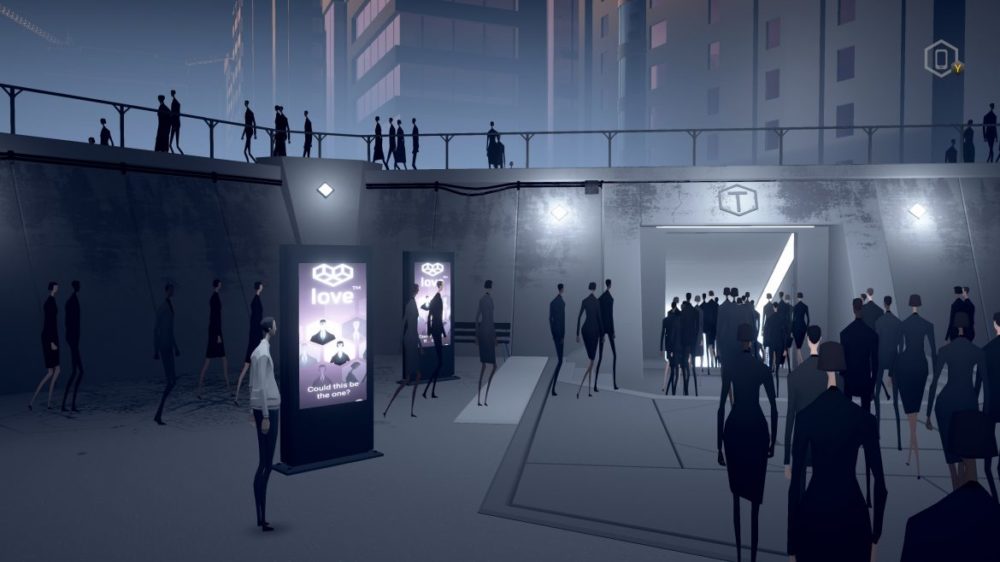
You awaken from a dream in a spartan apartment, check your phone to find a few messages, and then play a session of Blip Blop before listlessly brushing your teeth. The day unfolds in shades of gray. You passively follow the routine to your predictably monotonous job. The core question: what happens if you deviate from the established path?
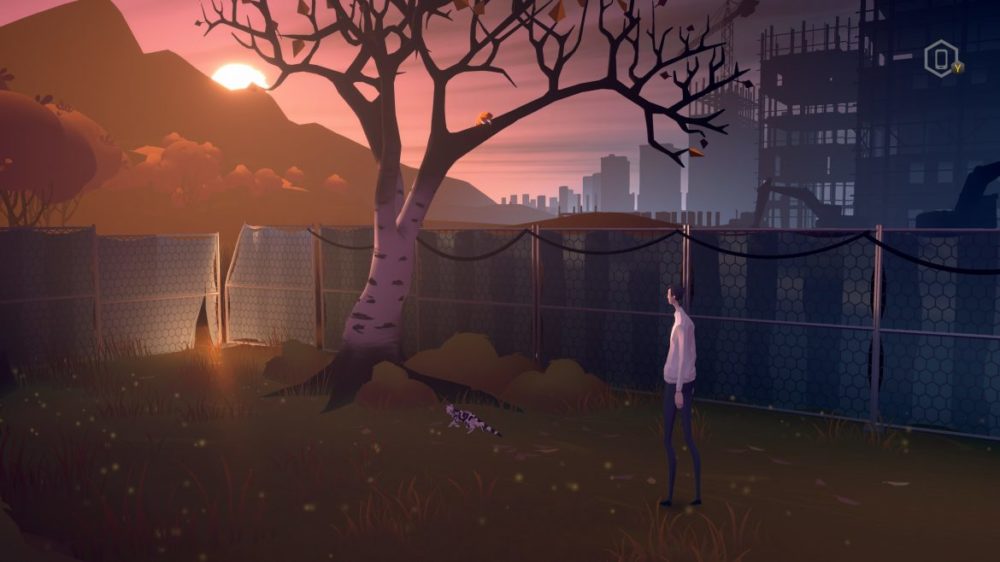
Mosaic presents a unique challenge for review, primarily because its conceptual underpinnings are genuinely intriguing. The game prompts reflection: what possibilities emerge from disrupting routine and discovering unexplored facets of life? When the player guides the avatar to diverge from the expected, color gradually permeates the game world, unlocking experiences unattainable on the established path.
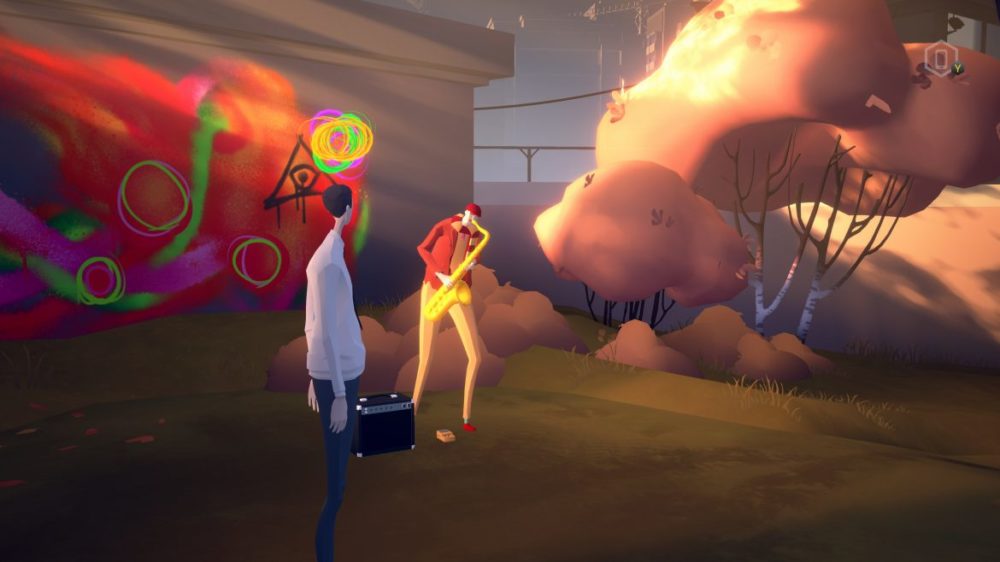
The primary drawback of Mosaic lies in its lack of compelling gameplay. It arguably functions more effectively as an interactive film, given the limited opportunities for player agency. The closest approximation to genuine gameplay is the character’s deliberately tedious job, which proves to be confusing, irritating, and overwhelmingly monotonous.
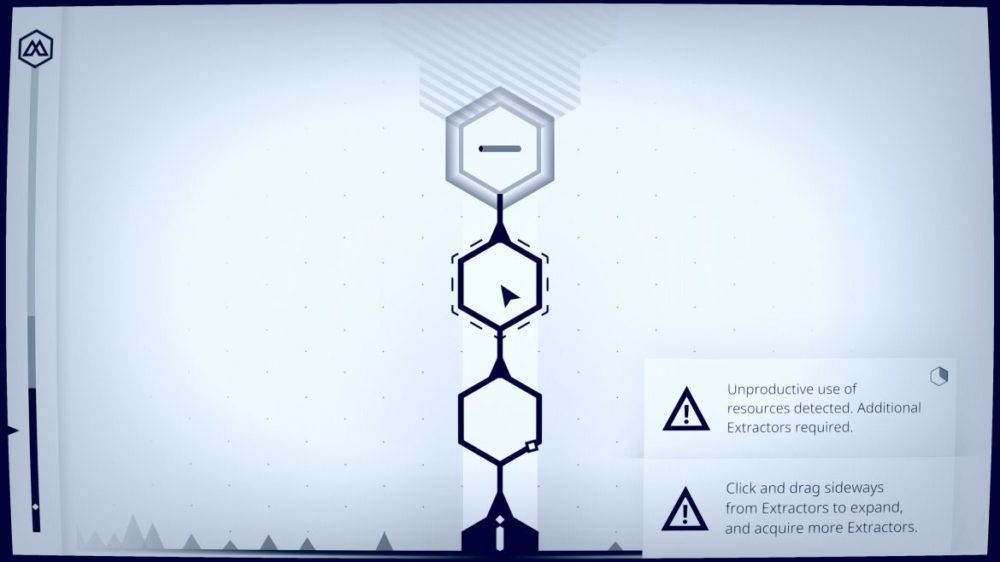
While the developer’s intent is clear, the experience would benefit from a more substantial counterpoint to reinforce its message. Inside, sharing a similar dystopian atmosphere, provides a counterexample: it maintains player engagement throughout. Mosaic, in comparison, emerges as a thought-provoking experiment, albeit one that may not fully satisfy as a game.
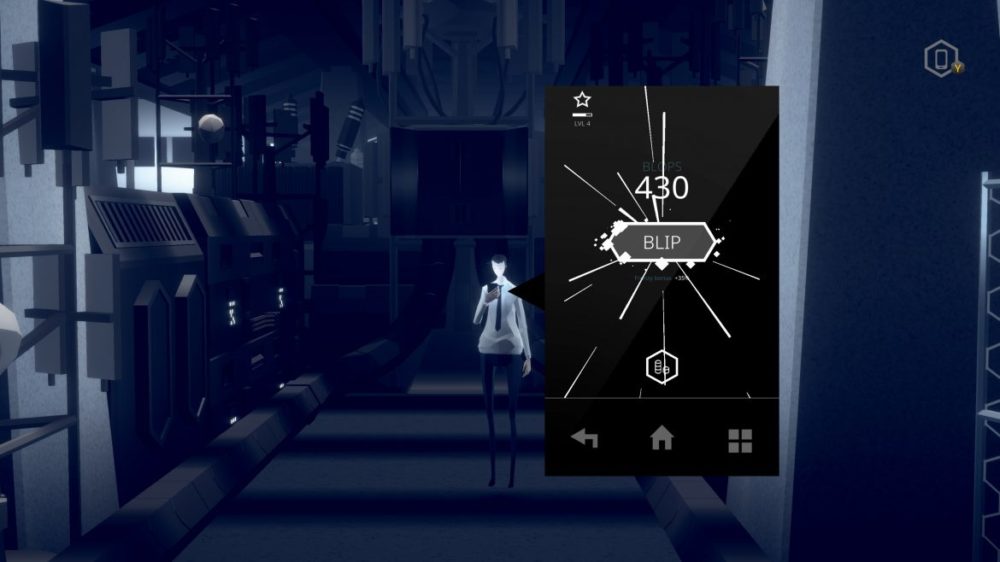
Despite moments of tedium during my time with Mosaic, it has proven to be a remarkably persistent presence in my thoughts. Given its relatively short duration and modest price, experiencing the game is worthwhile, both for its unsettling atmosphere and as a gesture of support for independent game development. The decision to recommend the game was a difficult one, primarily due to its gameplay limitations. However, the unique atmosphere and intriguing concepts ultimately justify a recommendation. It warrants experiencing firsthand.

